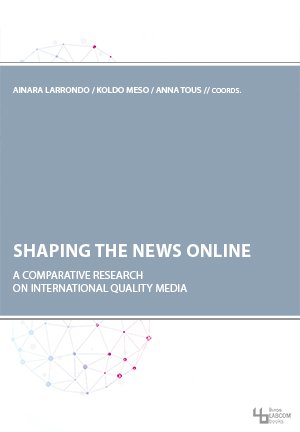
The extension of the Internet amongst the Western population, the possibility of access to the Net using a plethora of devices – from PC to the electronic tablets, from PDA to smartphones –, the increasing capacity and decreasing price, and the advance of societies of those developing countries and emergent economies like China, India or Brazil, in which an increasing middle class is the basis of democracy and consumption, are provoking from approximately 1995 onwards a deep transformation in the form people communicate, the way humans offer and consume information.
The information economy in the last two decades, from the end of the 20th century to the beginning of the 21st century, has established the value of intangible goods –news and entertainment, basically– as one of the pillars of modern societies, in which economy and commerce impose their own rules and, sometimes, superiority over national ruling and lawmaking. Not unusually, commerce law – and tax law as well – are conceived from a transnational point of view, and international agreements try to unify national legislation in order to do trade easier. Intellectual property is a clear example: organisms such WIPO or European Union have achieved an harmonization of laws all over the world.
At the same time, enterprises and groups are no more national but transnational, since their operation field, strategies and capital come from different sources.
Facility of information exchange has been never so easy and quick, offer is exponentially greater, but nevertheless power is concentrated in such few hands.
Newspaper industry has changed as well; aside with mainly familiar property – The New York Times in the United States or O Globo in Brazil are some examples – magnates like Rupert Murdoch are changing – or trying to do so – the rules.
He owns The Times and The Sun, he owns The New York Post and Wall Street Journal, and he owns Fox television channel. News Corp., his own group, is responsible of the contents and ideas all those media, and more others, offer to us. It is leader of complaint to aggregators and free information on the Internet, and the main voice of payment media.














